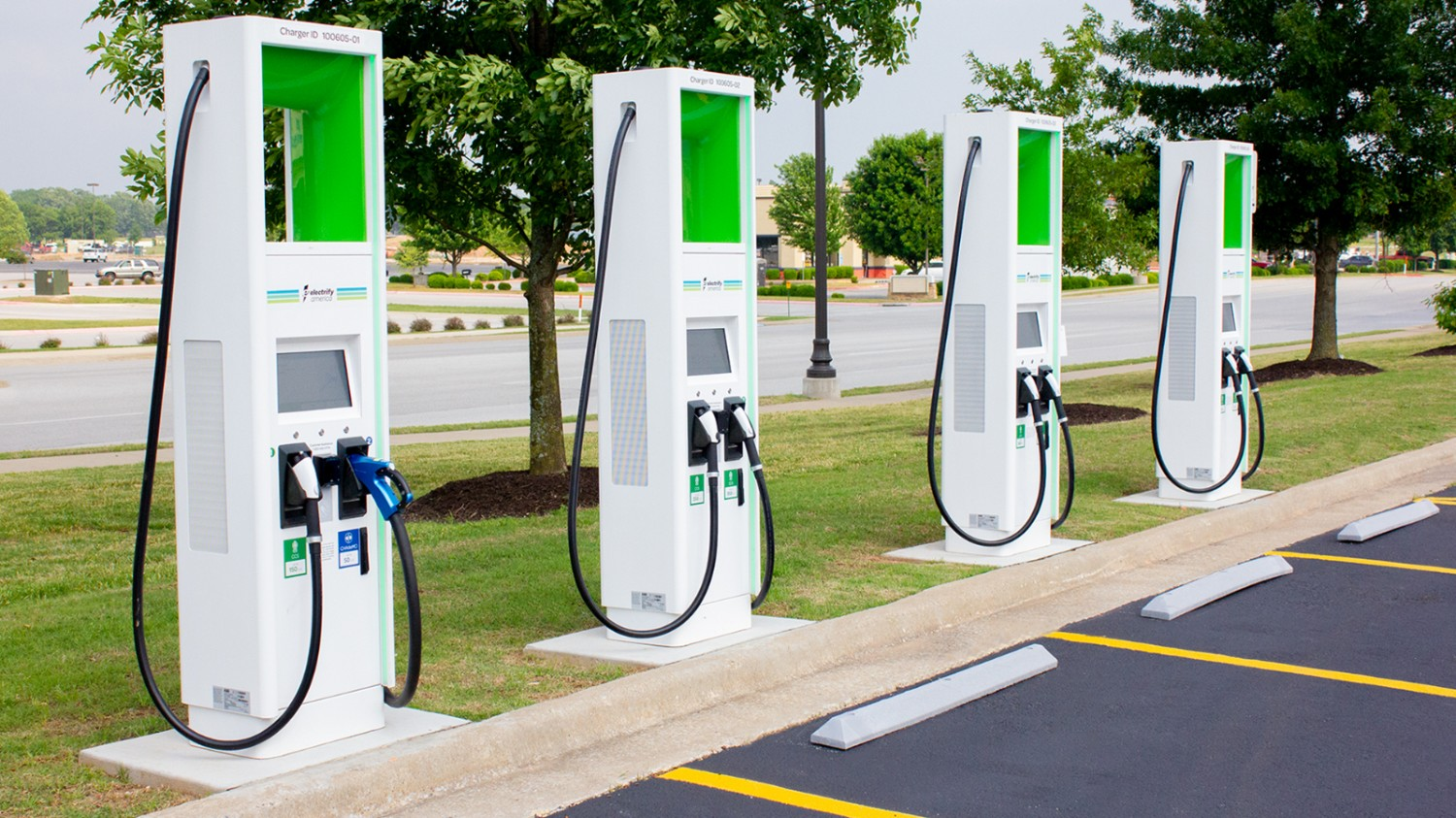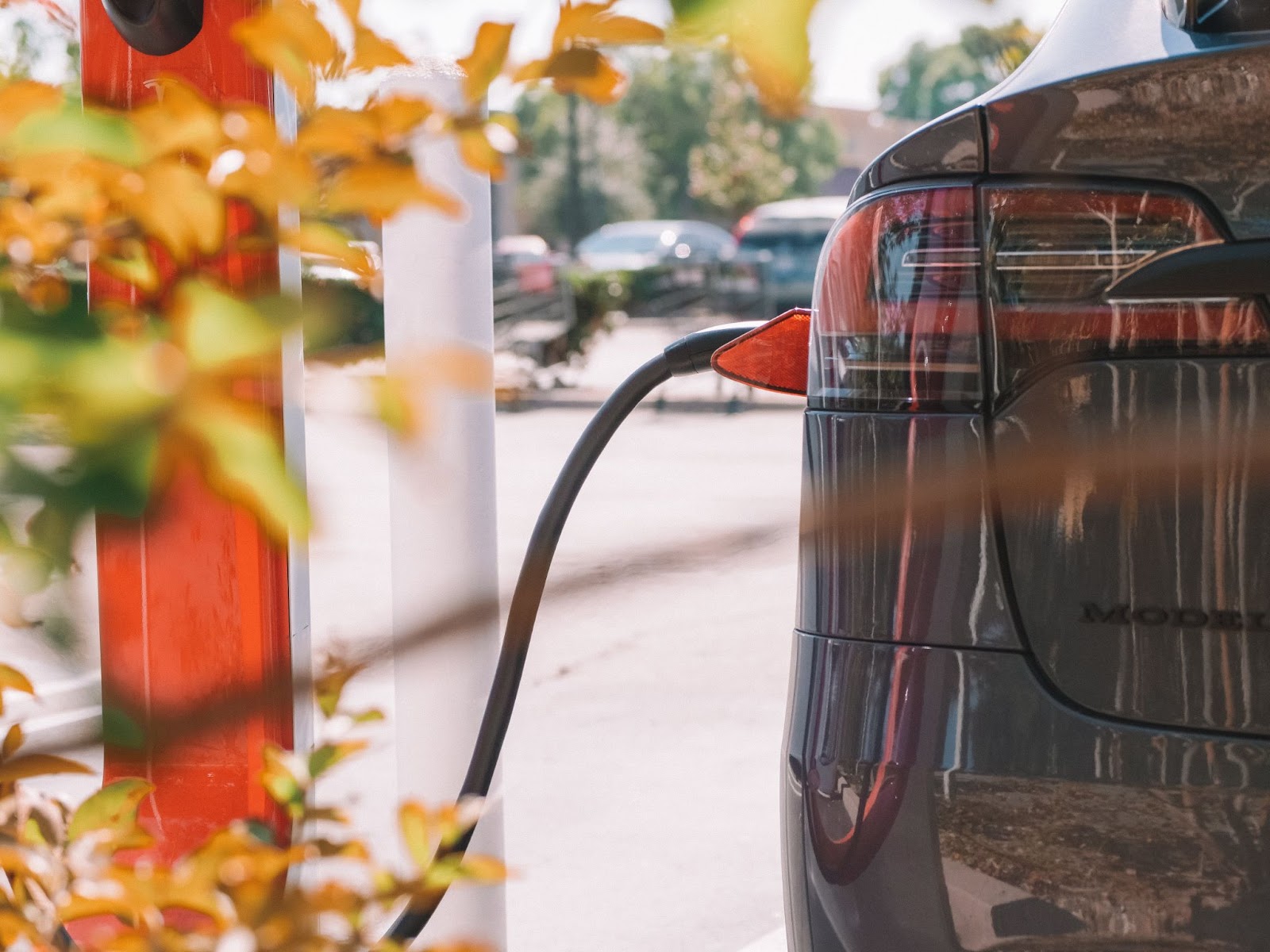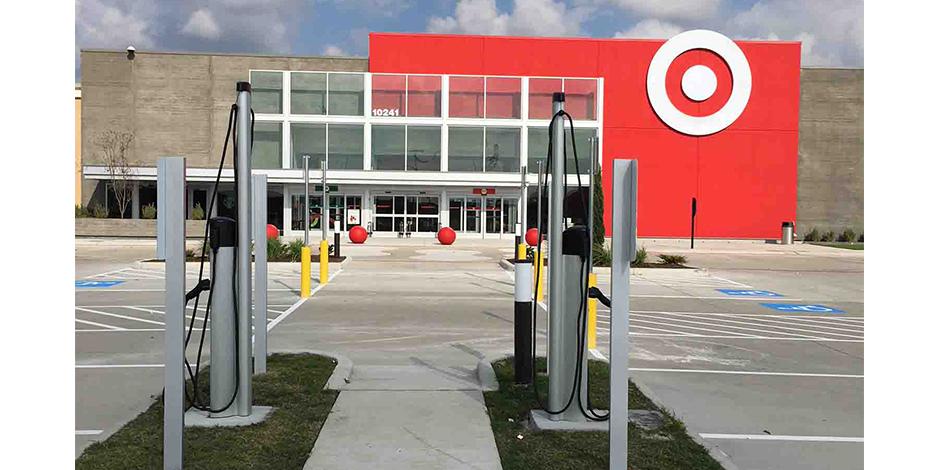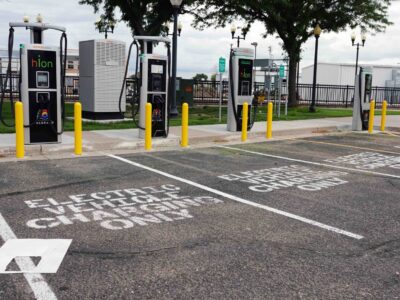The United States has ambitious plans for electric vehicle (EV) adoption, with the White House setting a goal in which half of all U.S. vehicle sales will be EVs by 2030. To help get there, measures such as the 2022 Inflation Reduction Act offer numerous incentives to boost EV adoption and bolster the country’s charging infrastructure.
The retail industry is also doing its part by building more charging stations in parking lots. According to Energy5, a New Jersey-based provider of energy efficiency solutions, this trend could “revolutionize” EV charging infrastructure.
In a research report issued last year, Energy5 found that a growing number of retailers are taking a proactive approach to relieve “range anxiety” among EV drivers. That’s the term to describe the fear of running out of battery power, which Energy5 calls a “significant barrier to widespread EV adoption.”
Photo Courtesy Corporate Target
“As the EV revolution accelerates, retailers have the chance to be at the forefront of sustainable transportation and capitalize on the growing demand for EV charging infrastructure,” the Energy5 report stated.
“By embracing this opportunity, retailers can not only contribute to a greener future but also enjoy various benefits that come with being part of the EV charging ecosystem.”
To help smooth the electric transition, retailers must first overcome a few obstacles. Here are three of the main ones cited by Energy5:
- Lack of charging infrastructure: The goal here is for retailers to establish a “reliable and extensive charging infrastructure network,” which will require investments in technology and parking space.
- Technological compatibility: To deal with different EV charging standards and plug types, retailers must “ensure their charging stations are compatible with a wide range of vehicles to maximize convenience for customers.”
- Space and location constraints: Fixing this problem requires that retailers “find a balance” between available space, parking availability, and convenient locations for EV charging stations. This hurdle is especially difficult in urban areas or shopping centers.
Despite the challenges, Energy5 called the future of retail EV charging stations “promising” thanks to strategies that can help speed the process up.
One crucial step is to partner with local authorities to identify the best locations for charging stations. Retailers can also invest in fast-charging technology and high-power charging stations to “help address the issue of long charging times,” Energy5 noted.

Photo Courtesy Corporate Walmart
Much of this work is already taking place at individual retail chains. According to Energy5, among the retailers leading the way are the following:
- Target has collaborated with Tesla to install Supercharger stations at select locations. In addition to letting EV drivers charge up in a matter of minutes, the partnership helps Target draw Tesla owners as potential customers.
- Amazon has installed charging stations at its facilities across the country and encouraged delivery partners to switch to EVs.
- Home Depot has integrated EV charging infrastructure into its stores, including Level 2 chargers for overnight charging and Level 3 chargers for fast charging.
- Walmart has partnered with Electrify America to install hundreds of charging stations in their parking lots nationwide. This effort has the dual benefit of providing more charging options for EV owners and advancing Walmart’s sustainability program.
While those are the biggest retail names to boost their EV charging options, they aren’t the only ones. As the Progress Grocer reported last year, convenience store chain 7-Eleven launched an initiative to install a network of fast-charging stations at locations throughout the U.S. and Canada.
Drivers with station-compatible EVs can use a credit card at the charger or pay via the 7Charge app.

Photo Courtesy Kindel Media
Meanwhile, Progressive Grocer reported that the Kroger grocery chain has tested and phased in charger installations at its various brand locations in partnership with Blink, Electrify America, EVgo, Tesla, and Volta. Kroger aims to bring “hundreds of charging stations” to stores in select markets nationwide.
Smaller retailers with expanded EV charging options include Fareway Stores, Tops Markets, Albertsons, Giant Food, Save Mart, and ShopRite.






